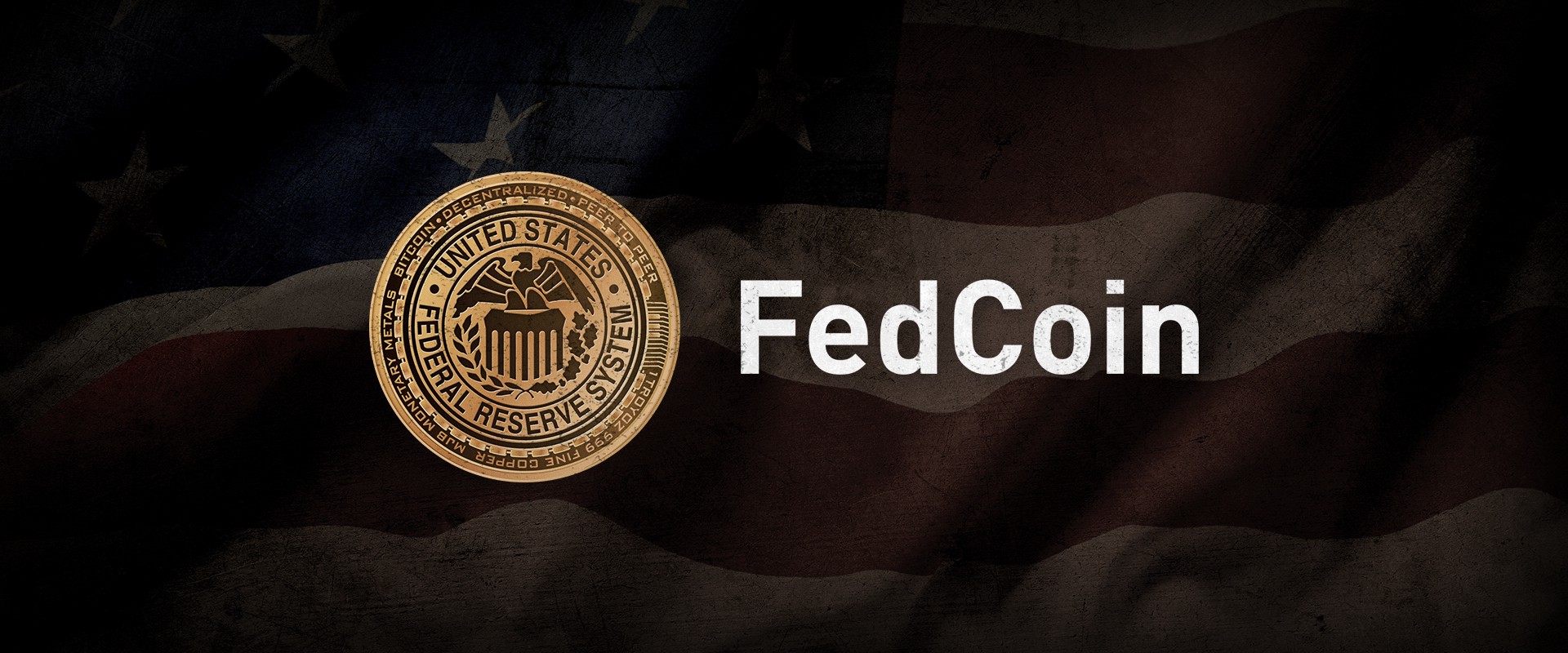PALO ALTO, Calif. (Reuters) - The Federal Reserve is taking a look at a broad series of problems around digital payments and currencies, consisting of policy, style and legal considerations around possibly releasing its own digital currency, Guv Lael Brainard stated on Wednesday. Brainard's remarks suggest more openness to the possibility of a Fed-issued digital coin than in the past." By transforming payments, digitalization has the potential to deliver higher value and benefit at lower cost," Brainard stated at a conference on payments at the Stanford Graduate School of Company.
Reserve banks worldwide are disputing how to manage digital financing technology and the distributed journal systems utilized by bitcoin, which promises near-instantaneous payment at potentially low expense. The Fed is establishing its own round-the-clock real-time payments and settlement service The original source and is currently reviewing 200 comment letters submitted late in 2015 about the suggested service's style and scope, Brainard stated.
Less than 2 years ago Brainard told a conference in San Francisco that there is "no compelling demonstrated requirement" for such a coin. But that was prior to the scope of Facebook's digital currency aspirations were commonly known. Fed authorities, including Brainard, have actually raised concerns about customer securities and data and privacy dangers that might be postured by a currency that might enter into usage by the third of the world's population that have Facebook accounts.
" We are collaborating with other reserve banks as we advance our understanding of central bank digital currencies," she said. With more nations checking out issuing their own digital currencies, Brainard stated, that contributes to "a set of reasons to also be ensuring that we are that frontier of both research and policy development." In the United States, Brainard stated, issues that require study include whether a digital currency would make the payments system safer or easier, and whether it could pose monetary stability dangers, consisting of the possibility of bank runs if cash can be turned "with a single swipe" into the central bank's digital currency.
To counter the monetary damage from America's unprecedented nationwide lockdown, the Federal Reserve has taken extraordinary steps, including flooding the economy with dollars and investing directly in the economy. The majority of these relocations got grudging approval even from numerous Fed doubters, as they saw this stimulus as required and something just the Fed might do.
My brand-new CEI report, "Government-Run Payment Systems Are Unsafe at Any Speed: The Case Versus Fedcoin and FedNow," information the dangers of the Fed's existing plans for its FedNow real-time payment system, and proposals for central bank-issued cryptocurrency that have actually been dubbed Fedcoin or the "digital dollar." In my report, I go over Informative post concerns about privacy, information security, currency manipulation, and crowding out private-sector competition and innovation.
Advocates of FedNow and Fedcoin say the government must create a system for payments to deposit immediately, instead of motivate such systems in the economic sector by raising regulatory barriers. However as noted in the paper, the personal sector is how to buy fedcoin providing a seemingly endless supply of Learn more payment innovations and digital currencies to solve the problemto the level it is a problemof the time space between when a payment is sent and when it is received in a bank account.

And the examples of private-sector development in this area are numerous. The Clearing Home, a bank-held cooperative that has actually been routing interbank payments in different forms for more than 150 years, has actually been clearing real-time payments considering that 2017. By the end of 2018 it was covering 50 percent of the deposit base in the U.S.